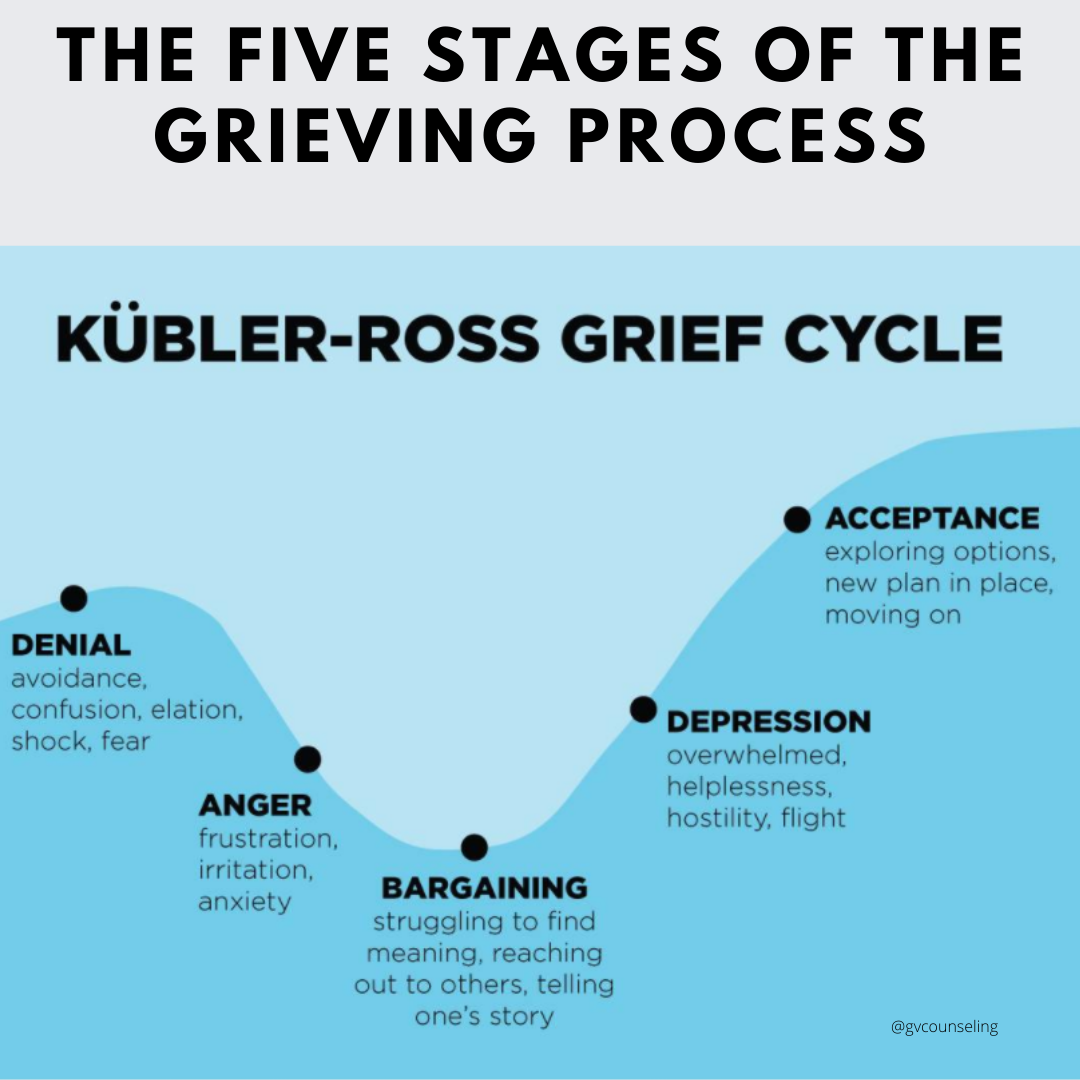Introduction
Grief is a natural response to loss, and it affects everyone differently. When faced with a significant loss, such as the death of a loved one, the end of a relationship, or a major life change, it is common to go through a series of emotional stages known as the 5 stages of grief.
The 5 Stages of Grief
- Denial: In the initial stage, it is common to feel a sense of shock and disbelief. Denial serves as a defense mechanism, allowing us to process the loss gradually.
- Anger: As reality sets in, anger may arise. It is normal to feel anger towards the person or situation causing the loss, as well as towards oneself or a higher power.
- Bargaining: In this stage, individuals may attempt to negotiate with a higher power or make deals to reverse the loss. It is a way of seeking control and finding meaning in the situation.
- Depression: Feelings of sadness, emptiness, and despair often surface during this stage. It is important to acknowledge and express these emotions in a healthy manner, seeking support from loved ones or professionals if needed.
- Acceptance: The final stage is marked by a sense of coming to terms with the loss. Acceptance does not mean forgetting or moving on completely, but rather finding a way to live with the loss and integrate it into one's life.
Coping with Grief
While everyone experiences grief differently, there are some coping strategies that can help individuals navigate through the 5 stages:
- Seek Support: Surrounding yourself with understanding and empathetic individuals can provide comfort during the grieving process.
- Take Care of Yourself: Engage in self-care activities such as exercising, eating well, and getting enough rest. These actions can help you maintain physical and emotional well-being.
- Express Your Feelings: Find healthy ways to express your emotions, such as through journaling, talking to a therapist, or joining a support group.
- Be Patient: Grief takes time, and healing is a gradual process. Be patient with yourself and allow yourself to grieve at your own pace.
- Remember Your Loved One: Find ways to honor and remember the person you have lost, such as creating a memory box or participating in a memorial event.
Conclusion
The 5 stages of grief provide a framework for understanding the emotional journey individuals go through after experiencing a significant loss. It is important to remember that grief is a unique and personal experience, and there is no right or wrong way to grieve. By acknowledging and allowing ourselves to move through these stages, we can find healing and eventually reach a place of acceptance.

